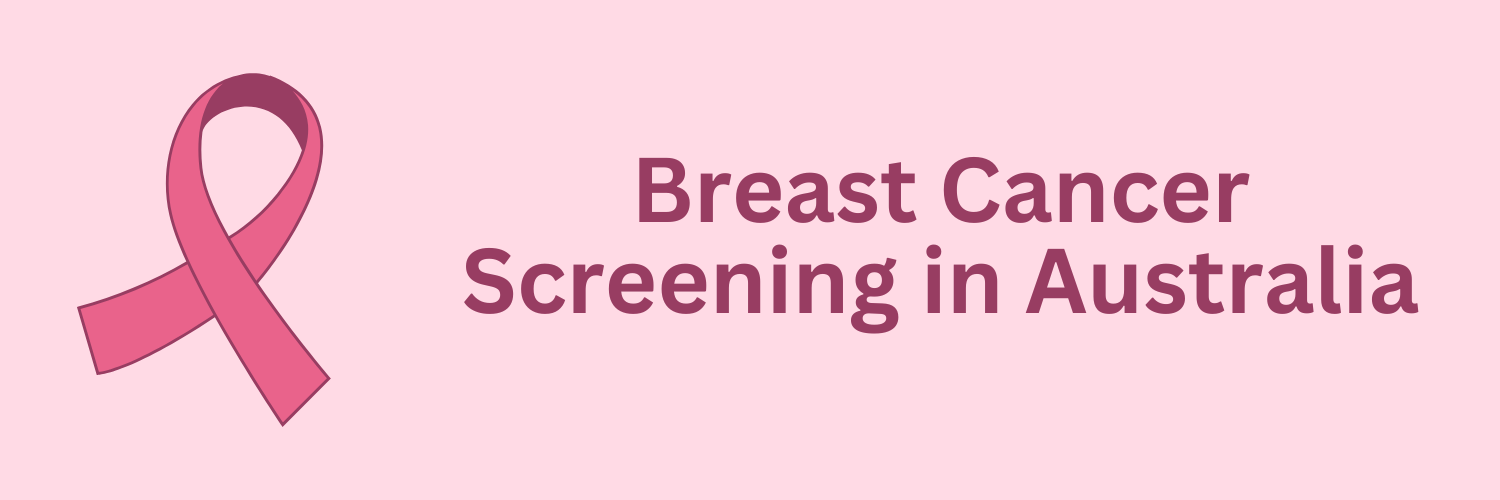
Screening for Breast Cancer
Australia has an awesome screening program that mostly targets women between the ages of 50 to 74. The program offers free mammogram screenings every two years for women without symptoms. It is important to note that screening is not for women who have symptoms. If there are any symptoms such as changing size or shape of the breast, changing nipple or nipple discharge, lump or new pain that isn't related to the menstrual cycle, it's important to make an appointment with your GP for an examination.
Breast Cancer Risk Factors
Breast cancer risks can be divided into modifiable and non-modifiable factors. Non-modifiable factors include family history and age. Modifiable factors include increasing levels of exercise, not smoking, having a Mediterranean diet, decreasing alcohol intake, and decreasing BMI.
Breast Density and Screening
There is currently a raging controversy about whether or not to report breast density. Breast density refers to how dense the breasts look on an X-ray or mammogram, not how they feel. Women whose breasts appear dense on mammography are more likely to go on to have breast cancer, and their breast cancers are less likely to be picked up on mammography. Ultrasound or MRI may be better tools to pick up breast cancer in women with dense breasts. However, MRIs are expensive and time-consuming and are not suitable for population screening. The debate continues, but in New South Wales, breast density is not reported …. Yet.
What Should You Do?
If you're a woman between 50 to 74 years old, make sure you're scheduling regular mammograms every two years through Breast Screen on 132050 or book online.
If you have any concerns or symptoms, make an appointment with your GP for an examination, which may lead to imaging and onto biopsy if necessary. Remember that your GP is there with you every step of the way.
In conclusion, breast cancer screening is a crucial aspect of women's health in Australia. By understanding the screening process and your individual risk factors, you can take control of your health and increase your chances of early detection and successful treatment.



